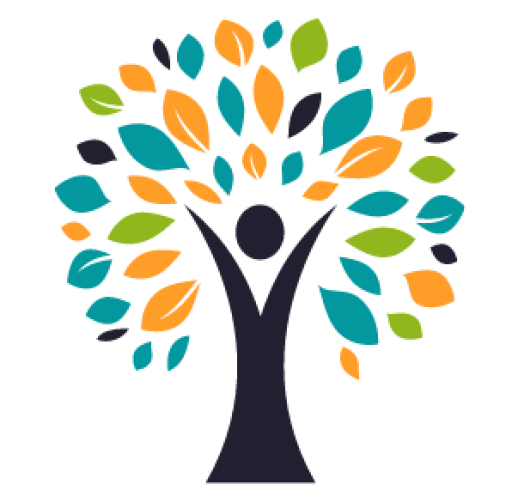By MaLaysia Mitchell | Publisher
It was sometime in March when my previous supervisor told me I could begin working from home. I was relieved that I could work safely with reduced risk of contracting COVID-19, especially since I was an essential worker for a clinic on the Westside of Chicago. This was undoubtedly a privilege since BIPOC were the hardest hit.

However, I was not prepared for the toll it would take on my mental health. I’ve been confined to my home for nearly seven months now. As someone who cares so deeply about community, enduring the deaths of loved ones, relational challenges, career transitions, and a cross-country move has left me in a depressive state.
Negative thoughts and a sense of hopelessness have been more recurrent. The political climate and the deaths and murders of Blacks in this country hasn’t made it any better. The irony is, these feelings existed before the pandemic and have only been exacerbated by recent events.
Is It That Much Harder?
BIPOC have unique challenges with oftentimes limited access to resources to cope due to cultural and societal barriers. Blacks specifically are 20% more likely to experience serious mental health problems, while only 1 out 3 will get the mental health care they need.
From a cultural perspective, the Black community is highly religious and heavily reliant on praying and rebuking away depression. Our faith has been a source of strength as well as a contributor to unproductive maintenance of poor mental health.
Seeking outside help can be perceived as a sign of weakness and is stigmatized. Perhaps because there is such rich space to lament within the Black theological framework, going to counseling is seen as not trusting in God or allowing God to miraculously heal. We are taught that we are supposed to remain “strong and encouraged.”
However, the problem with the tropes of being strong and resilient is that we can’t be anything else but that — another gesture denying the fullness of our humanity.

I have always been told “you are so strong” even when enduring the most traumatic and heinous experiences, which has made it hard for me to let my guard down and cope with my true feelings of grief and loss.
Even after defying cultural expectations, it may be impossible to receive appropriate and timely mental health services. There are often insurmountable financial barriers for Blacks, especially for those of lower socioeconomic status. A little over 11% of Blacks are without health coverage. Moreover, within counseling practices there is marginal minority representation. For example, only 4% of mental health professionals are Black.
The Double-edged Sword
Despite these problems in appropriate treatment of Black mental health, we still carry the burden of advocating for racial equity — not only for our own community, but for all. The work itself is stressful, especially in such a polarized climate. Racism and the stress from fighting it are real. The constant protests and deaths, coupled with a society that is apathetic to our voice is not only exhausting but anxiety inducing.
Racial battle fatigue, the continuous experience of racial microaggressions, leaves us burnt out. We are left to deal with the psychological damage and trauma of injustices and then deterred from the things that truly bring joy into our lives.
It is a battle to simply survive and to explain why we aren’t flourishing. The fight for social justice makes mental health accessibility and self-care even more essential.
How to Cope
Though I am a public health advocate, I am not a trained mental health professional. One of the most impactful supports in my life has been finding a licensed counselor who was culturally competent and a good personality match.

I honestly doubted the benefits of counseling until I found a good fit, and it changed my life. I suggest writing a list of what you are looking for in a counselor. If your finances permit, don’t settle until you find the right person.
Next, take a break to breathe. It is okay to step away and do the things that bring you life and joy. I personally love to cook and garden. Those activities have definitely helped me push through the staleness of the pandemic.
Lastly, develop and maintain a self-care routine. I try to maintain a healthy lifestyle by doing yoga twice a week and eating plenty of fresh foods, which is proven to benefit mental health. I also follow simple daily rhythms to realign myself. When I first wake up in the morning, I read at least one chapter of the Bible and drink a cup of hot tea. This keeps me grounded and provides a space for me not to worry about all the troubles in the world.
Recently, I read Genesis 8:1, and it gave me great hope. In ESV it reads, “But God remembered Noah and all the beasts and all the livestock that were with him in the ark. And God made a wind blow over the earth, and the waters subsided.”

For more resources, visit these links:
- National Alliance on Mental Illness: Black/African-American
- BIPOC Mental Health Resources
- “The Link Between Experiences of Racism and Stress and Anxiety for Black Americans: A Mindfulness and Acceptance-Based Coping Approach“
- Ayana Therapy for marginalized communities
Finally, if you or someone you know is contemplating suicide, visit the Suicide Prevention Lifeline.


3 thoughts on “What no one tells you about racial battle fatigue”